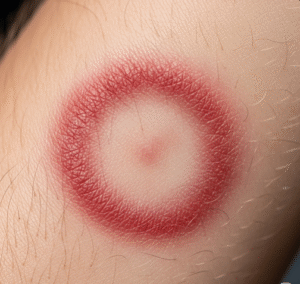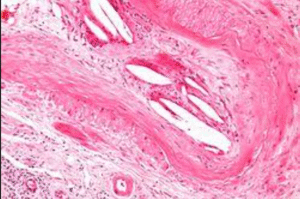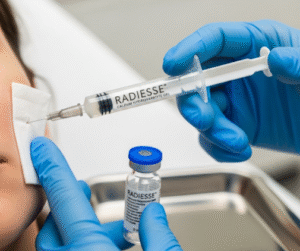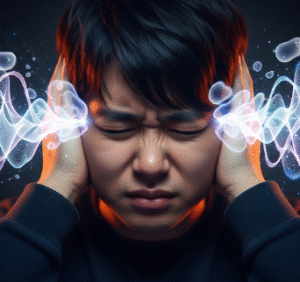Overview
Urethritis is the inflammation of the urethra—the tube that carries urine from the bladder to the outside of the body. It can result from bacterial, viral, or non-infectious causes. Urethritis commonly presents with pain during urination and abnormal discharge. It affects both men and women and is often associated with sexually transmitted infections (STIs). Prompt diagnosis and treatment help prevent complications and transmission.
What is Urethritis
Urethritis is a condition characterized by inflammation of the urethra, typically due to infection by bacteria or viruses, or less commonly, due to non-infectious irritants. It is one of the most common urological conditions seen in both men and women. The condition may be classified as gonococcal (caused by Neisseria gonorrhoeae) or non-gonococcal (caused by organisms such as Chlamydia trachomatis, Mycoplasma genitalium, or other pathogens). Urethritis can occur alone or alongside other genital infections.
Symptoms
Symptoms may vary depending on the cause and sex of the individual:
In men:
- Burning sensation while urinating (dysuria)
- Discharge from the penis (clear, white, or yellow)
- Itching or irritation inside the penis
- Pain during ejaculation
- Frequent urge to urinate
In women:
- Painful or burning urination
- Increased urinary frequency or urgency
- Lower abdominal discomfort
- Vaginal discharge or irritation
- Pain during intercourse
Causes
Urethritis may result from infectious or non-infectious factors:
Infectious causes:
- Sexually transmitted infections (STIs):
- Chlamydia trachomatis
- Neisseria gonorrhoeae
- Mycoplasma genitalium
- Ureaplasma urealyticum
- Herpes simplex virus (HSV)
- Trichomonas vaginalis
Non-infectious causes:
- Chemical irritation from soaps, spermicides, or hygiene products
- Physical trauma (e.g., from catheter use)
- Allergic reactions
- Autoimmune conditions (rare)
Risk Factors
- Unprotected sexual activity
- Multiple sexual partners
- History of STIs
- Male sex (symptoms tend to be more pronounced in men)
- Use of irritating chemicals or personal care products
- Insertion of foreign objects or catheters
- Poor genital hygiene
Complications
If left untreated, urethritis can lead to:
- Spread of infection to other reproductive organs
- In women: Pelvic inflammatory disease (PID)
- In men: Epididymitis or prostatitis
- Infertility due to reproductive tract damage
- Urethral stricture (narrowing of the urethra)
- Reactive arthritis (Reiter’s syndrome)
- Transmission of infection to sexual partners
- Increased risk of HIV transmission if co-infected
Prevention
- Practice safe sex (use condoms consistently)
- Limit the number of sexual partners
- Get regular STI screenings, especially if sexually active with new or multiple partners
- Avoid harsh soaps or chemical irritants in the genital area
- Promptly treat any STI or urinary tract infection
- Educate partners and encourage them to get tested if necessary
Treatment Options in Korea
South Korea offers comprehensive diagnostic testing and effective treatment for urethritis through modern urology and infectious disease clinics:
- Diagnostic testing:
- Urine tests, urethral swabs, and nucleic acid amplification tests (NAATs) to detect STIs
- Blood tests and physical examination
- Antibiotic therapy:
- Chlamydia: Azithromycin or doxycycline
- Gonorrhea: Ceftriaxone with azithromycin or doxycycline
- Other bacterial causes: Based on culture and sensitivity
- Viral urethritis (e.g., herpes): Antiviral medications like acyclovir
- Symptomatic relief:
- Pain relievers and increased fluid intake
- Urinary alkalinizers for comfort
- Partner treatment:
- Concurrent treatment of sexual partners to prevent reinfection
- Follow-up care:
- Repeat testing after treatment to confirm resolution
- Counseling for STI prevention and safe sexual practices
With access to advanced diagnostics and targeted therapies, patients in Korea receive high-quality care for both infectious and non-infectious forms of urethritis.













